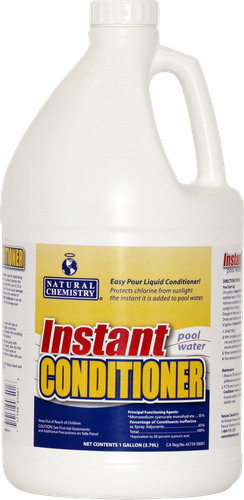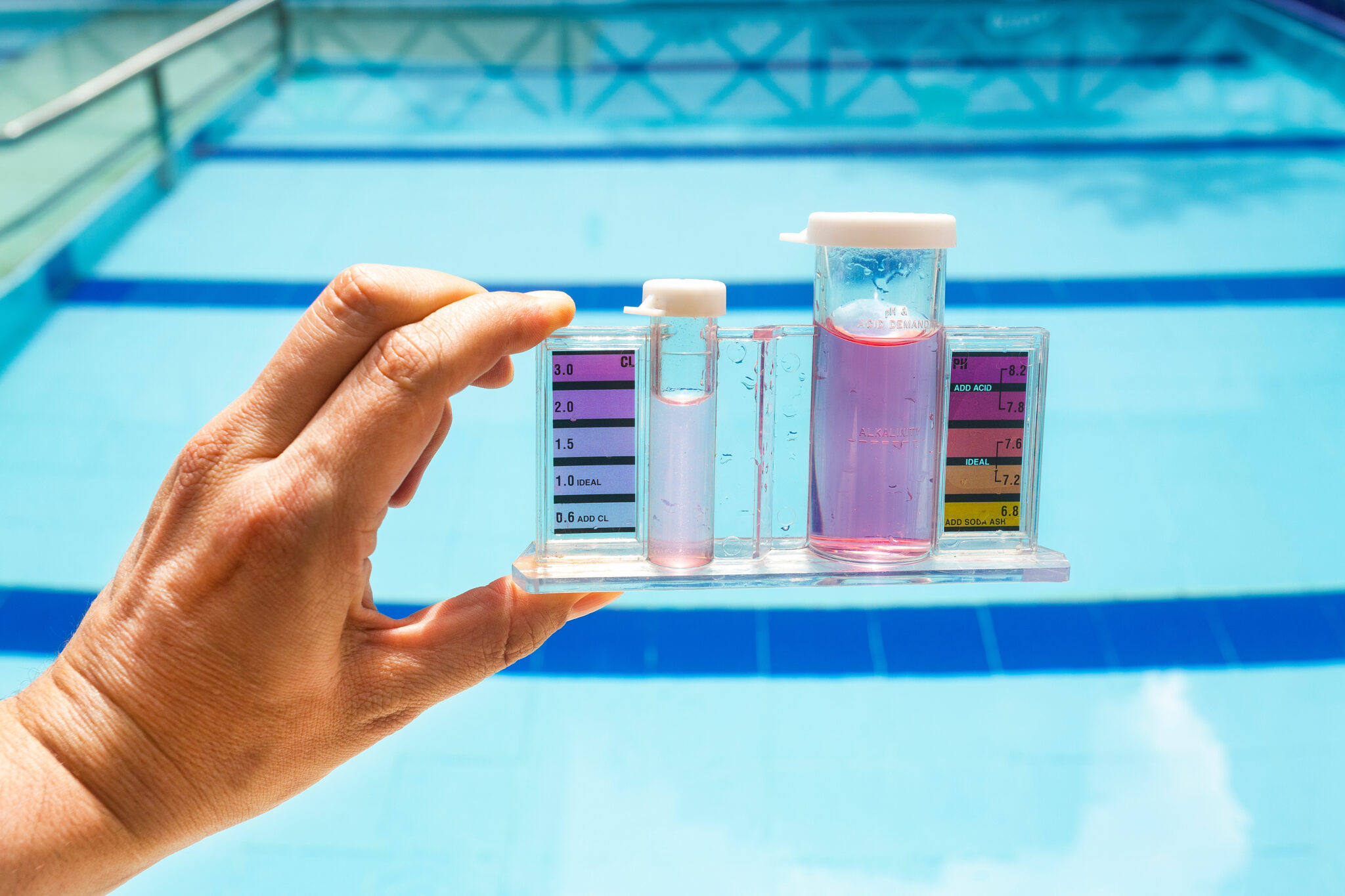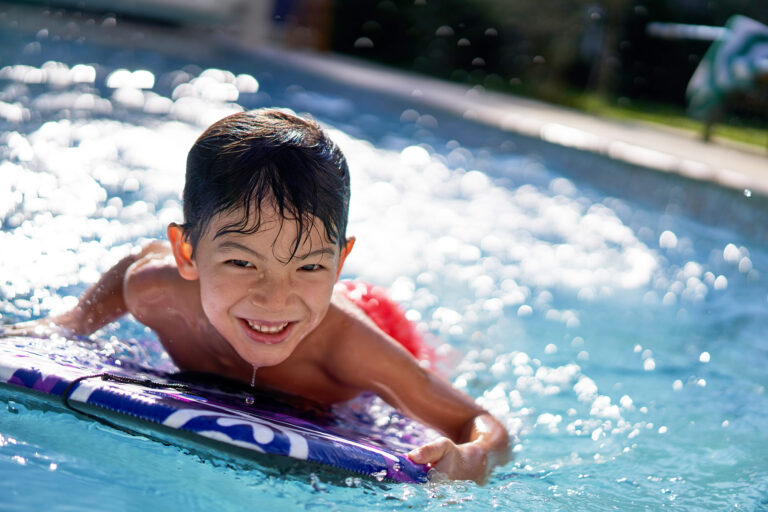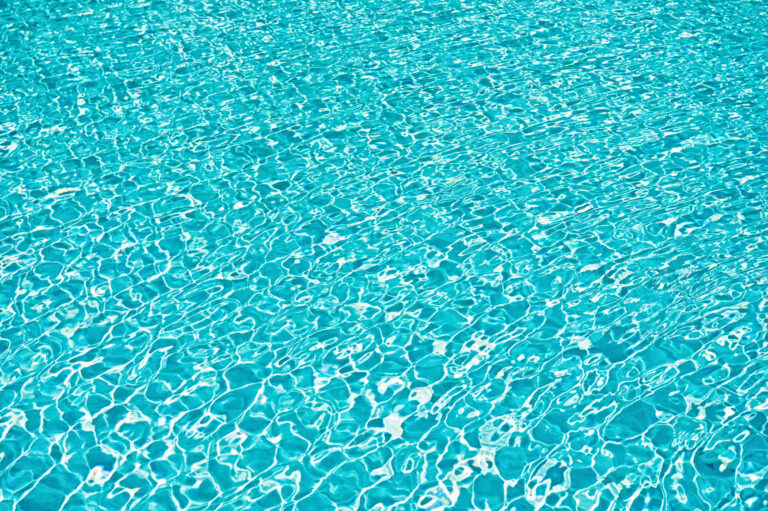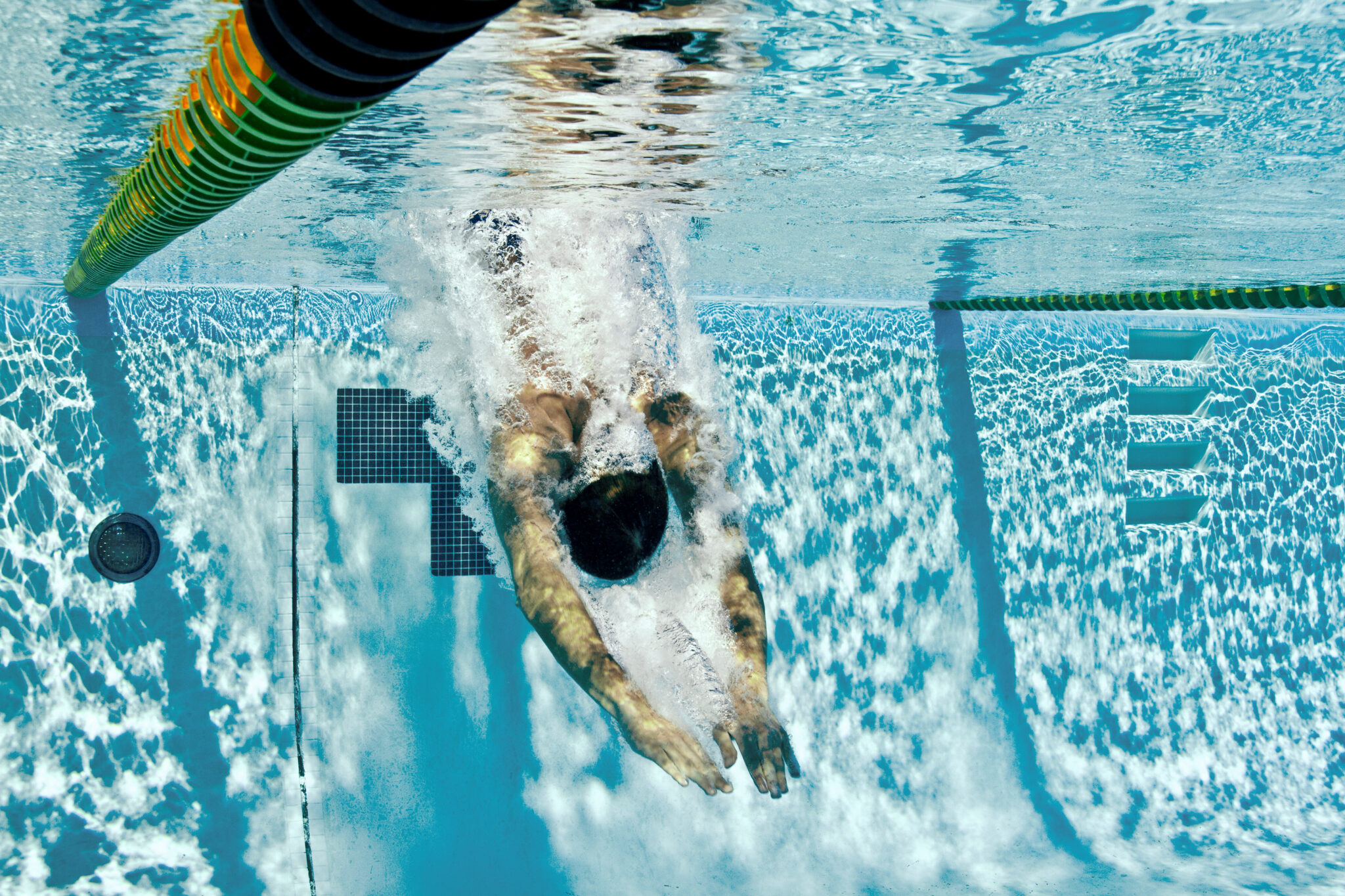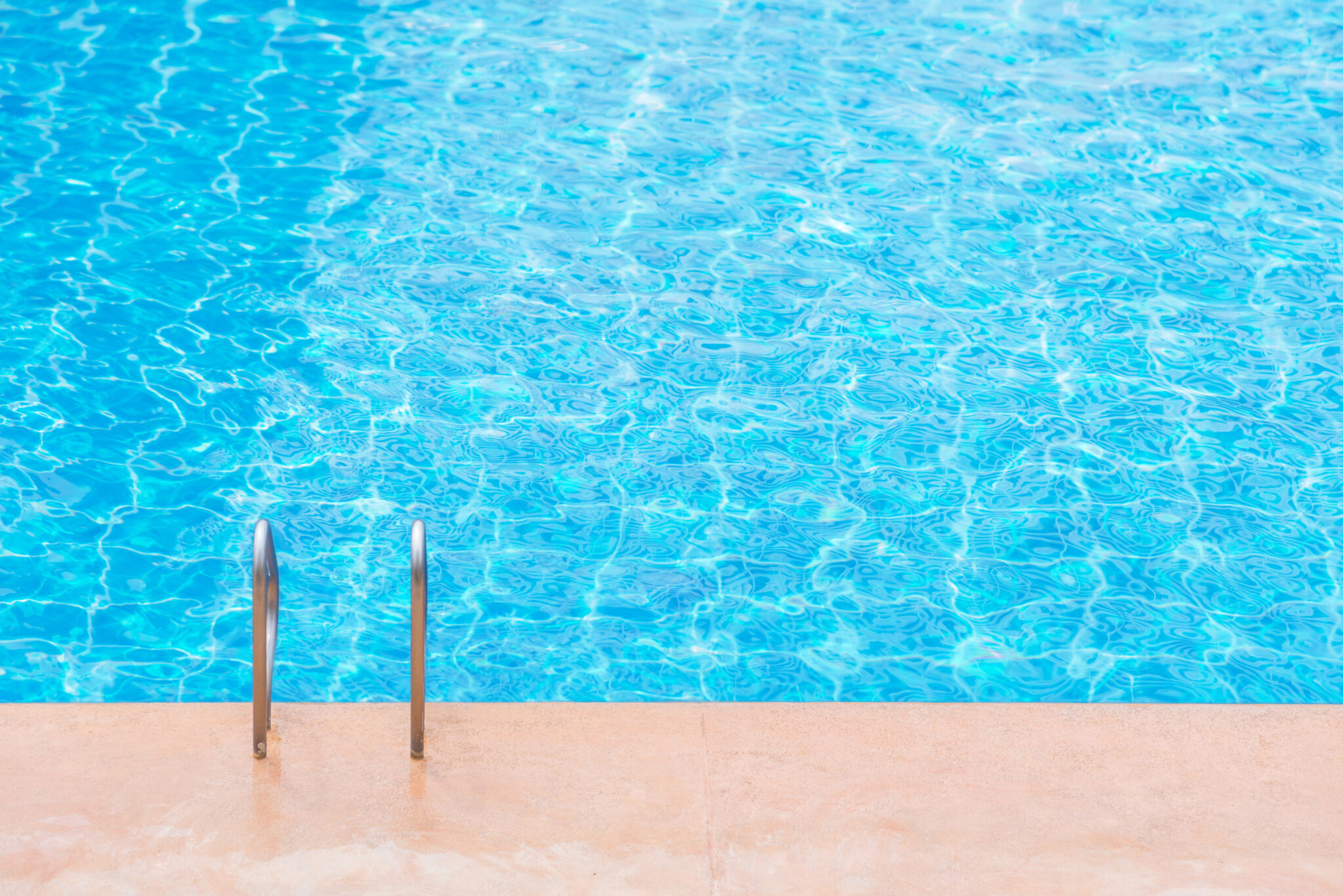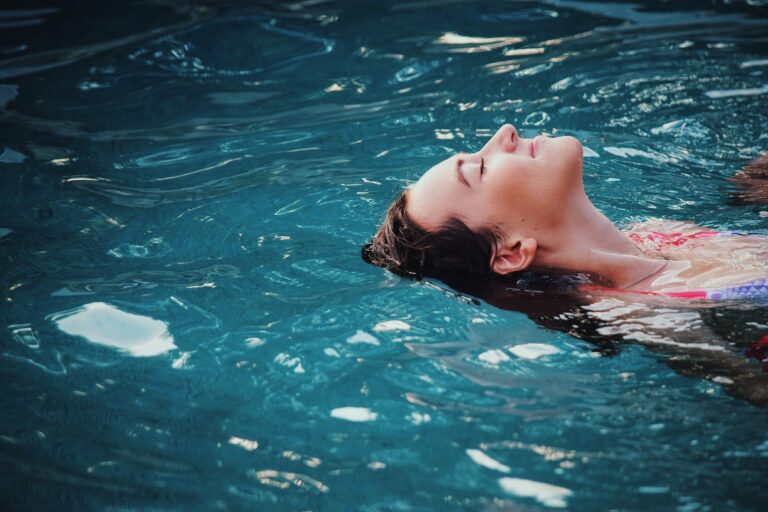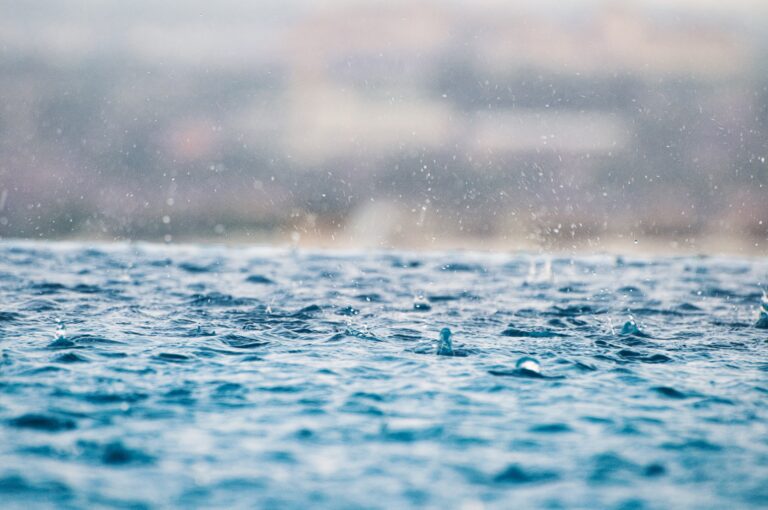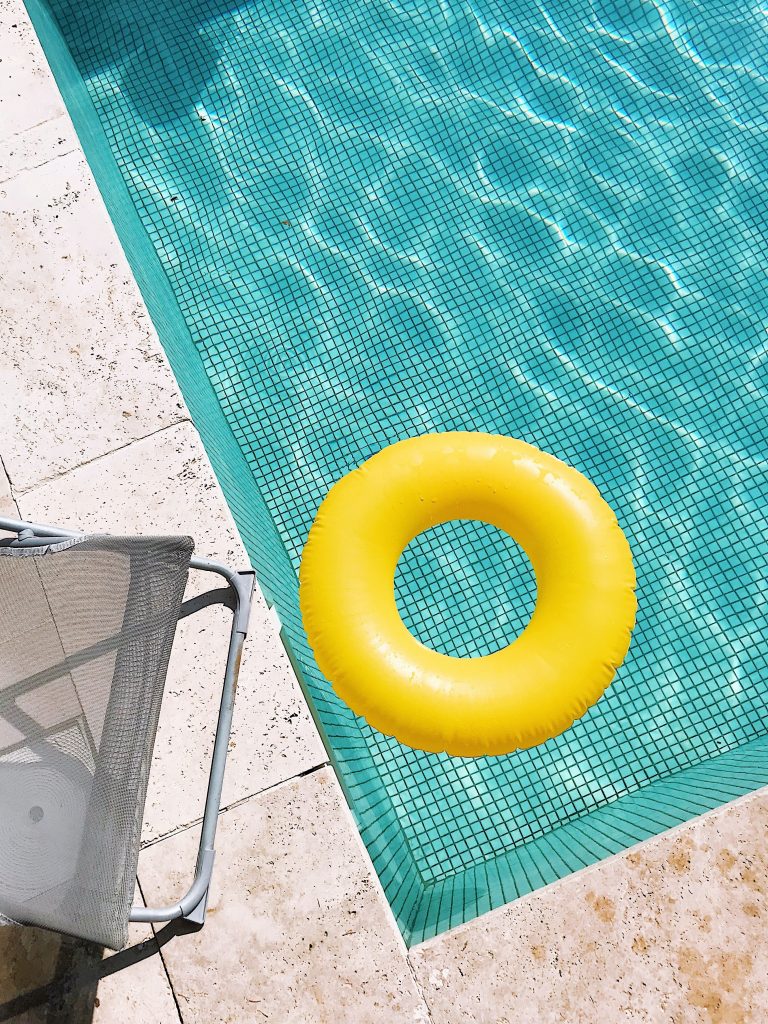Those who maintain swimming pools understand that pool water is a carefully balanced chemical solution. The chemicals must be tweaked occasionally to keep the water healthy and safe for swimming. Yet, to maintain the correct chemistry within the pool, it’s essential to understand some basics about the different additives that go into keeping the water… Read more »
